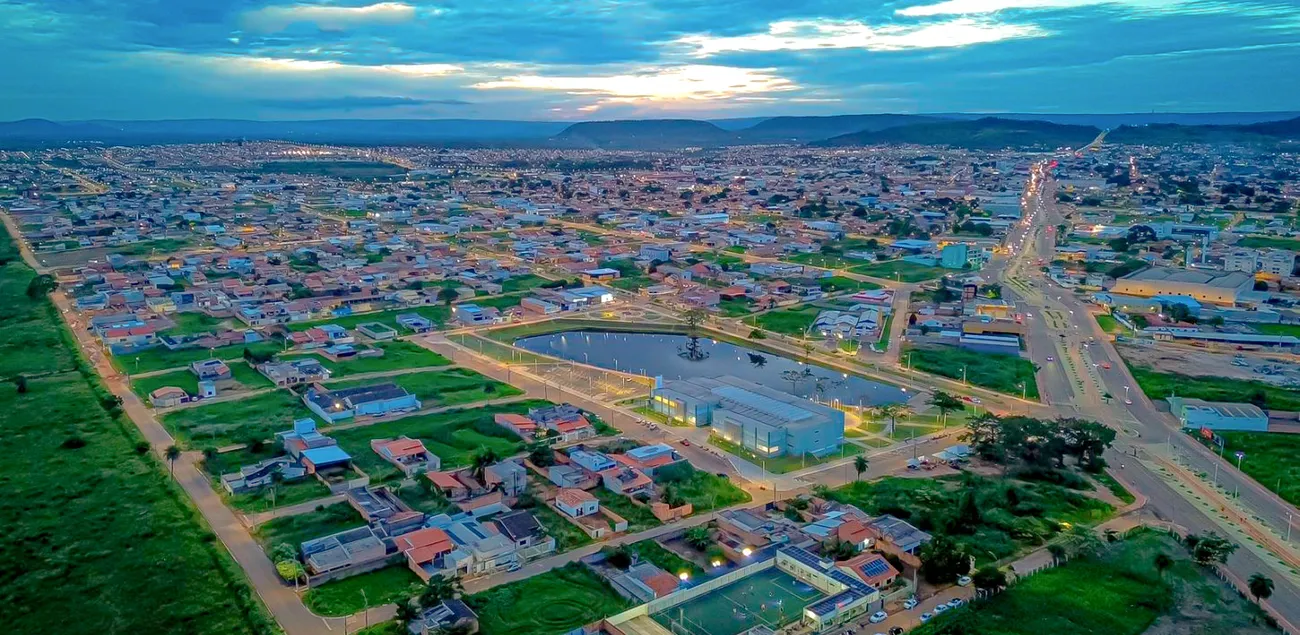
Vale, the Brazilian mining giant, has obtained a preliminary environmental license for its Bacaba copper project in the state of Pará, a crucial first step in a multi-billion-dollar strategy to double its copper production over the next decade. The company plans to invest approximately $290 million to develop the deposit, which is designed to extend the operational life of the adjacent Sossego mining complex. Production is scheduled to begin in the first half of 2028, contributing an average of 50,000 tonnes of copper per year for eight years.
A Strategic Extension of the Sossego Complex
The Bacaba project is a brownfield expansion, leveraging the existing infrastructure of the Sossego mine, which has been operational since 2004. The new deposit is located just 10 kilometers from the Sossego processing unit, allowing Vale to mine the ore at Bacaba and transport it for crushing and processing at the established facility. This capital-efficient approach avoids the cost of building a new plant while extending the life of the entire complex, which produced 66,800 tonnes of copper in 2023.
The development of Bacaba is essential for maintaining production levels in the region as the original Sossego and Sequeirinho open-pit mines approach the end of their operational lives. By integrating Bacaba’s output, Vale can sustain its operations in Brazil’s prolific Carajás mineral province.
First Step in a Broader Copper Expansion
The Bacaba project is the first in a series of developments under Vale’s ambitious plan to significantly increase its footprint in metals critical for the global energy transition. Marcelo Bacci, executive vice-president of Finance and Investor Relations, confirmed that the company has a “strategic objective to double its copper production capacity over the next decade”.
This objective is part of a wider investment program. Vale recently announced plans to invest $3.3 billion over the next four years to boost its copper and nickel production capacity. The company aims to increase its annual copper output from 321,000 tonnes in 2023 to approximately 500,000 tonnes by 2028. This growth will be driven by enhancements at its Salobo and Sossego operations in Brazil, as well as mines in Canada.
The “Novo Carajás Program,” a R$70 billion ($12.88 billion) investment plan for the Carajás region through 2030, further underscores this commitment. The program aims to expand copper production in the region by 32% to around 350,000 tonnes annually, alongside increasing high-quality iron ore output.
Copper Market Overview
Copper is an indispensable metal for the global economy, with its demand set to surge due to the energy transition. It is a critical component in electric vehicles, charging infrastructure, wind turbines, solar panels, and the expansion of electrical grids. The anticipated long-term supply deficit has prompted major miners like Vale to launch significant investment programs to secure their share of this growing market. The development of projects like Bacaba is a direct response to this forecast, positioning Vale to become a leading supplier of a metal essential for global decarbonization efforts.
Company Background and Vale Base Metals Strategy
Vale, headquartered in Rio de Janeiro, is one of the world’s largest producers of iron ore. Recognizing the growing importance of metals for the green transition, the company has consolidated its copper and nickel assets into a separate entity, Vale Base Metals (VBM). This strategic move is designed to unlock value and attract dedicated investment for its “future-facing” commodities.
In a landmark deal finalized in April 2024, Vale sold a 10% stake in VBM to Manara Minerals—a joint venture between the Saudi Arabian Mining Company (Ma’aden) and Saudi Arabia’s Public Investment Fund (PIF)—for $2.6 billion. This partnership injects significant capital to help fund the ambitious expansion plans and strengthens VBM’s market position ahead of a potential future public offering. Following the Bacaba permit news, Vale’s New York-listed shares rose 3.4%.



